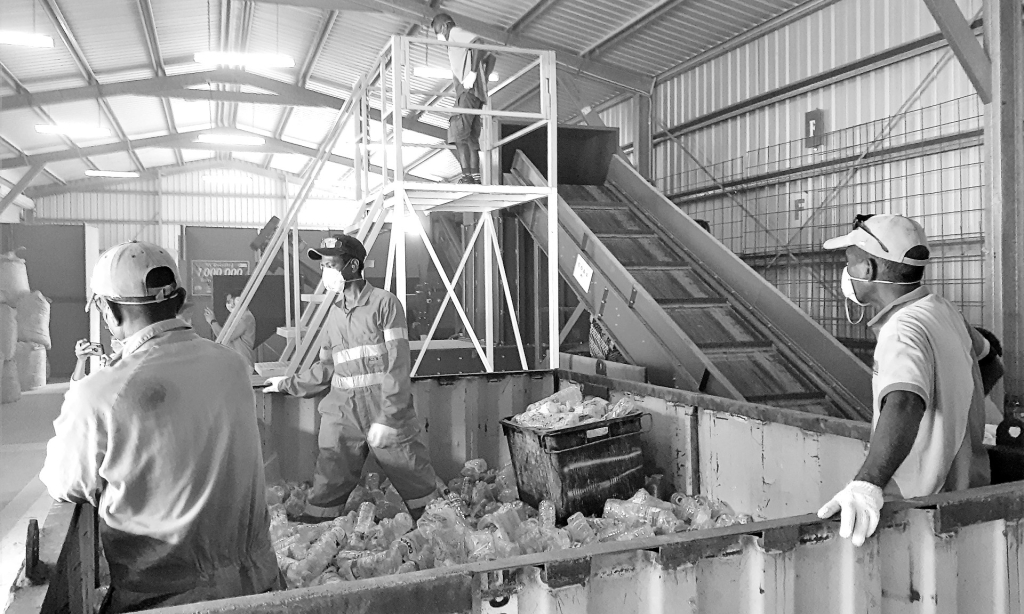

 Article
Article

The Partnership for Central America works with businesses and social enterprises to address the root causes of migration through economic opportunity and investments in education, health care and transportation infrastructure. It’s a public-private partnership in support of Vice President Kamala Harris’ Call to Action for Central America.
SAMRIDH Healthcare Blended Finance Facility improves access to affordable and quality health care for the most socioeconomically vulnerable in India. It leverages philanthropic funding to mitigate barriers for private investment and drive greater commercial investments toward health system strengthening and is a leading public-private partnership.
The argument in favor of diversity and inclusion is robust. The benefits are clear. As our populations change, diverse groups of talent are emerging, and they are emerging fast. However, corporations and businesses are still lagging hard behind the pace of this change. So what’s holding us back?

Pursuing plastic neutrality, the Plastics Solution Alliance in Timor-Leste works to minimize the use and improper disposal of plastic and establish an inclusive recycling value chain. This will expand the small manufacturing base, diversify an oil-dependent economy and provide employment opportunities. It is a leading public-private partnership.
To improves sustainable, quality education in Guatemala, School the World joined forces with local governments and local community councils to build new infrastructure, improve teacher morale and create trusting relationships with local stakeholders. It is a leading public-private partnership.
It turns out that people perceive idea theft as a greater transgression than money theft and judge it more harshly, according to new research from Darden Professor Lillien Ellis. Further, people perceive the theft of creative ideas as worse than the theft of practical ones.
Positive deviance is about how we can deviate from the norm in ways that are honorable and generative, authentic, and that have positive impact and open the door to others to do the same. Leveraging difference — mobilizing gender identity and minority status in this way — can activate a slew of personal, organizational and societal benefits.
We are in the midst of a crisis in child care. That’s not just for the parents or children directly and presently affected; if we don’t invest in quality care now, society will literally pay for it later. The matter touches issues of health, income, crime, IQ, costs to families and the public, and an individual’s ability to maintain employment.
Professor Jim Detert discusses the dangers of inferring individuals’ intentions and strategies leaders can use in efforts to ensure balance and objectivity in an organization.
The lady doth protest too much? Research shows that people are indeed likely to interpret anger as guilt in the face of an accusation — though it’s more likely an indication of innocence. Darden Professor Gabrielle Adams investigates various responses to accusations and how we interpret their veracity: angry denial, calm denial or silence.